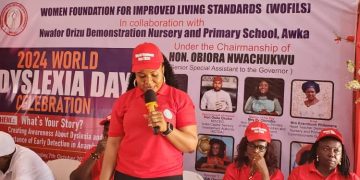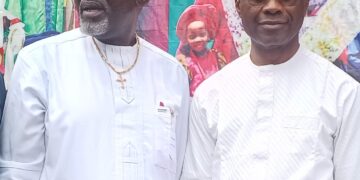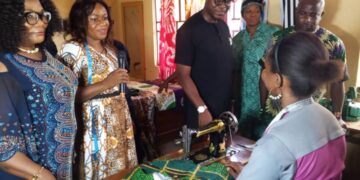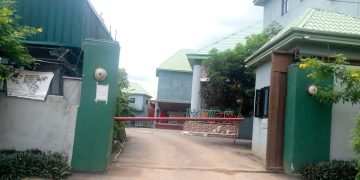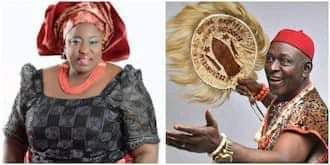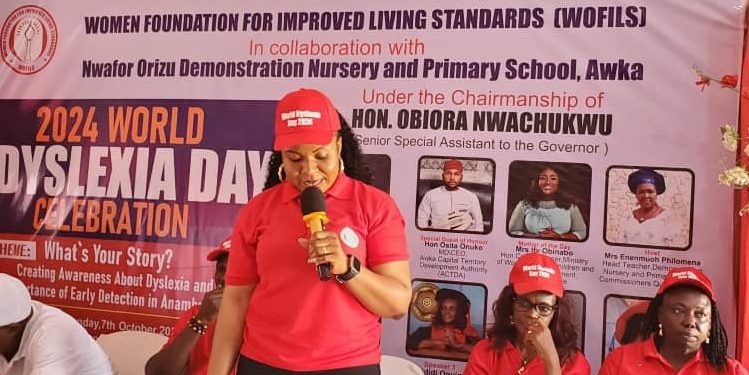Foundation Urges Parents, Teachers To Assists Dyslexic Children

The Women Foundation For Improved Living Standards (WOFILS) has called on teachers to consider the variations in the capability of pupils in their classes to learn to ensure dyslexic children were not left behind.
WOFILS, a Non Governmental Organisation (NGO) made the call during the 2024 World Dyslexic Day Celebration in Collaboration with Nwafor Orizu College Demonstration Nursery and Primary School. Awka on Monday.
World Dyslexic Day is celebrated on Oct. 8 every year
Prof. Ifeoma Udoye of the Faculty of Arts, Chukwuemeka Odumegwu Ojukwu University, Igbariam in her keynote address said the day was dedicated to raising awareness, understanding, and promoting the strengths of individuals with dyslexia.
She canvassed for early detection of possible cases of dyslexia, noting that if a child had difficulties in reading or struggled to meet up in class, it could be a sign.
She said many individuals with dyslexia possessed extraordinary talents and creative abilities and often thought outside the box in ways which benefited society.
According to her, many individuals with dyslexia possess extraordinary talents and creative abilities, often thinking outside the box in ways that benefit society.
“Dyslexia can be diagnosed in adults, not just in children, people might have struggled but the signs may have been missed or support absent, this is why it is so important to get an early diagnosis.
“Many children go undiagnosed as challenges in school are mistakenly attributed to low IQ, level of effort or environmental circumstances
“If you see evidence of problems with spoken language, learning letter names, and especially if there is a family history, have your child tested,” she said.
Udoye who is the Secretary of WOFILS appealed members of the public to become advocates for dyslexia awareness and support them by ensuring inclusive education.
“Do not call them lary, dumb, and stupid, they pay attention in class but they find it challenging to spell, read or write because the brain is wired differently.
“Give them the opportunity to show what they know, they need structured literacy teaching,” she said.
Dr Ndidi Onuigbo, an Educationist in her lecture on Phonological Awareness with teachers said understanding the specific learning challenges among children was important to being a successful teacher.
Onuigbo said dyslexia was a learning disability that was neurobiological in origin, characterised by difficulties with accurate fluent word recognition and by poor spelling and decoding abilities.
She also said phonological deficits were the direct cause of the reading impairment of the dyslexic children as a result of neurological foundational problems preventing them from recognising and interpreting letters and words.
Onuigbo said not recognising these problems had resulted to stigmatisation of such children which should not be in the 21st century.
“Sometimes teachers call them lazy students, dyslexics are not lazy pupils, they are intelligent, they are hardworking and they are very creative.
“That is why WOFILS is here today to give help to those who have these learning difficulties in either identifying the phonological aspect of language or the other spelling problems writing problems reading problems.
“If your pupils do not read and interprete letters accurately, please don’t be in a haste to move to the next line, make sure you assist them to learn to write and pronounce those words correctly.
“They need to be clearly taught the rules of English such as phonology, phonics, grammar, syllables, morphology, vocabulary, spelling and comprehension to enable them to read fluently,” she said.
